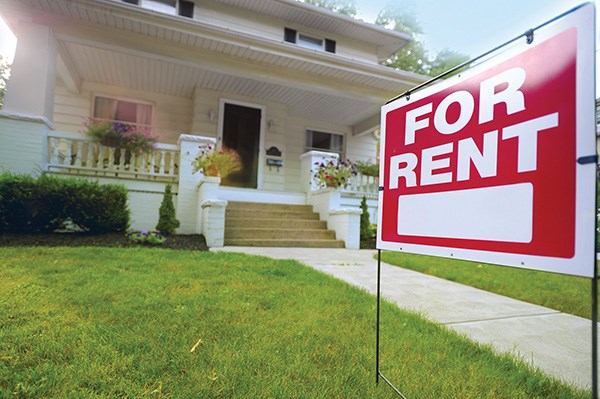It is tough to be a renter in Squamish.
Scrolling through the scant online and printed vacancy ads is enough to demonstrate the lack of affordable housing in the district.
Squamish’s vacancy rate has hovered around zero per cent, but the new BC Non-Profit Housing Association’s Rental Housing Index, released last month, provides even more troubling details about the district’s rental crunch.
For Squamish’s 1,735 renters, the average rent plus utilities is $1,044 per month, according to the renter’s index.
Also according to the index, about 54 per cent of Squamish renters pay more than 30 per cent of their household income on rent. Around 24 per cent of renters in Squamish pay more than 50 per cent of their income on rent.
The common assumption is that renting in the big city is more expensive than in smaller towns, but that is not what the index shows. In small communities such as Squamish and Duncan on Vancouver Island, renters pay a premium for a place to live.
“It is not the 1970s anymore. This is not just a Vancouver problem,” James Roy, a senior policy analyst with the association, told The Squamish Chief.
“A lot of it, especially in smaller communities, is just a lack of supply. There just literally isn’t much rental housing.”
Roy said there is a social cost to renters paying so much of their income to shelter.
“You don’t have the money for anything else. You can barely keep a roof over your head. You are living paycheque to paycheque. If something happens, you get laid off or you get sick – you don’t have a job with good sick days or anything like that – then you are out on the streets. You are one paycheque from being evicted,” he said. “But also you don’t have money for anything else. You don’t have money to put your kids in sports, you don’t have money to save up for anything, to buy a car or anything.”
According to Roy, the solution lies in large political changes. Income equality and provincial and federal government policies that encourage non-profit housing such as co-ops are large-scale changes that would improve the situation for renters in smaller communities, he said.
The municipalities, such as Squamish, are in a bit of a difficult position in terms of trying to deal with the housing issue, Roy said. “There is not much individual municipalities can do, accept help lobby for more federal and provincial dollars to expand the non-profit housing or renew the operating agreements [for co-operatives], and not letting them expire,” he said.
“From a city perspective, it is tough.”
The BC Non-Profit Housing Association is an umbrella organization that represents the not-for-profit housing sector.



